Related Links for this Video:
WisContext coverage: Wisconsin Ginseng Growers Worry About Tapping Crucial Chinese Market
Frederica Freyberg:
President Trump’s plan to impose tariffs on Chinese aluminum and steel was met this week with China’s own plan to target tariffs a growing list of U.S. agricultural exports. This list caught the eye of Wisconsin growers because of two items in particular: cranberries and ginseng. The latter accounted for $20 million in state sales in 2016. And this, 98% of all ginseng exported from the U.S. is produced in the badger state, mostly in Marathon County, where the President of the Ginseng Board of Wisconsin, Bob Kaldunski joins us now. He was in China meeting with potential new distributors with news broke of that country’s retaliatory measures. Bob, thanks for being here.
Bob Kaldunski:
Yes. You’re welcome. Thank you. Glad to be here.
Frederica Freyberg:
So what was your reaction to these Chinese tariffs?
Bob Kaldunski:
At first we weren’t quite sure what to think of it. We do have a tariff already. The Chinese government does have a tariff on our ginseng coming in. It does vary. And it sounds–can vary but it seems too we get different words, different information on the tariff already existing. It’s about 15% currently. There’s also a 5% VAT tax. Above that now, we’re going to get another 15%. So our concern is we already have the ginseng that is — it’s a premium product. It’s the ginseng the consumer prefers. They recognize it as being a high value ginseng on the market. Now we’ve put another 15% goes on top of that. We are concerned that the consumer will turn and look to a cheaper source of ginseng.
Frederica Freyberg:
So how much could that hurt Wisconsin farmers, this additional tariff?
Bob Kaldunski:
It's really difficult to say at this point. The way our industry is — operates. Our industry, our crop again, it’s a three to four or five-year crop that’s planted. So, you know, our crops are in the ground. We harvest in fall, late fall. And our crop does not hit the market or is not purchased, go through the market until November, December. So we’re about seven months out from that kind of a market. Most of this year’s crop has already been purchased and distributed. The Chinese, the big Chinese — the culture is they gift, a lot of gifting. And that’s where we’re going to see the biggest decrease, we feel. Again, we’re not certain how it’s going to exactly affect the market. But Christmas, the New Year. The Chinese New Year, gifting is very popular. The e-commerce is a big part of that. And the other part of that is also the consumer here in the United States. The families, they come over here, visit, and they buy, purchase, take gifts back. Or they do purchase in the China market and gift it. So it’s really difficult at this point how it’s going to affect us, how much just because we’re not certain yet what’s going to be and how it’s all going to play out yet.
Frederica Freyberg:
You were talking about how Wisconsin ginseng is kind of a premium product. Why is that and how is it different from what’s produced in Asian countries?
Bob Kaldunski:
The ginseng that the United States–Wisconsin ginseng is premium because of the ginsenosides. It carries typically a higher ginsenoside, which is the active ingredient. That’s the bitterness. It’s recognized by the Asian culture as the high quality. It’s the yin to the yang. It’s bittersweet and that’s comes–that’s unique to Wisconsin because of our soils. Our cool soils are that mineral-rich soils the glaciers have deposited in the past. The warm growing days, the cool night and the slow-growing. They recognize that as the product of choice for when they’re using it for their health benefits. Things like that.
Frederica Freyberg:
The Chinese imposition of these tariffs was apparently retaliatory for those the U.S. imposed. Even today the sides are ratcheting up the tariff threats. What do you make of this brewing trade war?
Bob Kaldunski:
I'm going to let that up to the politicians. There’s nothing we can say or do. We are a $20 million plus export. It’s really small compared to a lot of the other commodities that are being exchanged, that have a lot bigger impact. I guess some of the things we want to focus on now that it’s been brought to light is that there’s issues with labeling, issues with export/import. We’d like to bring that to light and ride this with our Department of Agriculture and see if we can’t correct those things to help our industry. Those are things that we can do, that we can help our industry do. I personally do think that the industry or the trade war or that discussion, they’ll work it out. And my hope and my thinking is they’ll–we’ll be better trade partners at the end of this. But right now I'm not sure what we can do to change it ourselves.
Frederica Freyberg:
Yeah. What are you telling growers and those connected to the ginseng trade in Wisconsin about all of this?
Bob Kaldunski:
Mostly we’re telling the growers just be patient. We really don’t know the effect of this yet. Though we–if it does stay, we do feel there’ll be some downward pressure. But we also are getting word from purchaser/buyers that they’re not really talking about it. They’re not using it at this point. They’re saying there will be a decrease in the price. I guess our fear would be is if it were to be long-term, the pipeline or the distribution of ginseng could kind of slow up a little bit which would then put pressure on the price to go down. Ginseng is definitely a supply and demand commodity.
Frederica Freyberg:
We'll be watching. Good luck to all the growers and people involved in the business. Bob Kaldunski, thanks very much.
Bob Kaldunski:
Thank you very much.
Search Episodes
News Stories from PBS Wisconsin

Donate to sign up. Activate and sign in to Passport. It's that easy to help PBS Wisconsin serve your community through media that educates, inspires, and entertains.
Make your membership gift today
Only for new users: Activate Passport using your code or email address
Already a member?
Look up my account
Need some help? Go to FAQ or visit PBS Passport Help
Need help accessing PBS Wisconsin anywhere?

Online Access | Platform & Device Access | Cable or Satellite Access | Over-The-Air Access
Visit Access Guide
Need help accessing PBS Wisconsin anywhere?

Visit Our
Live TV Access Guide
Online AccessPlatform & Device Access
Cable or Satellite Access
Over-The-Air Access
Visit Access Guide
 Passport
Passport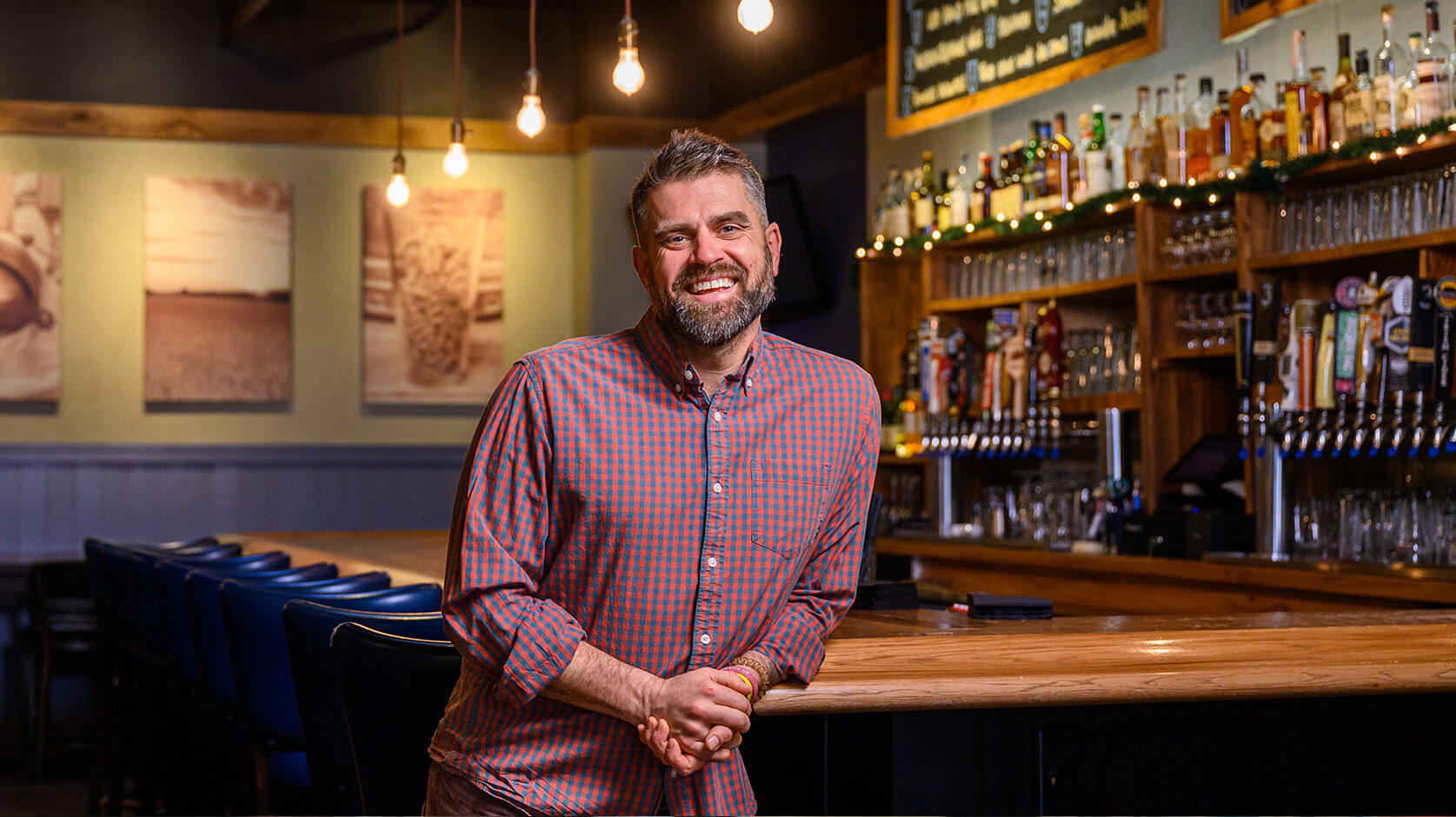





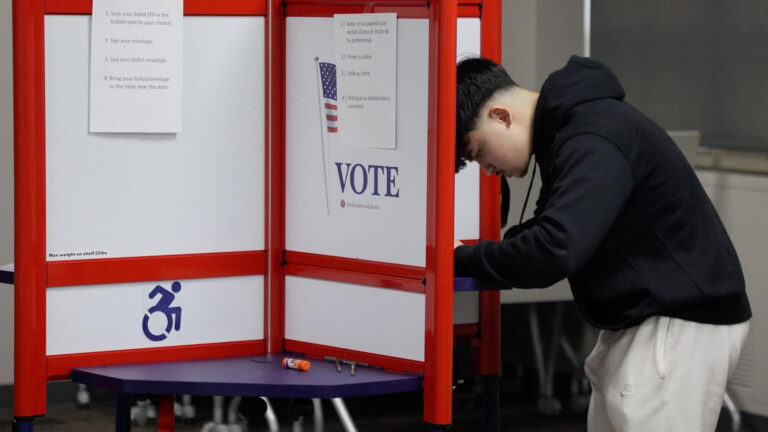
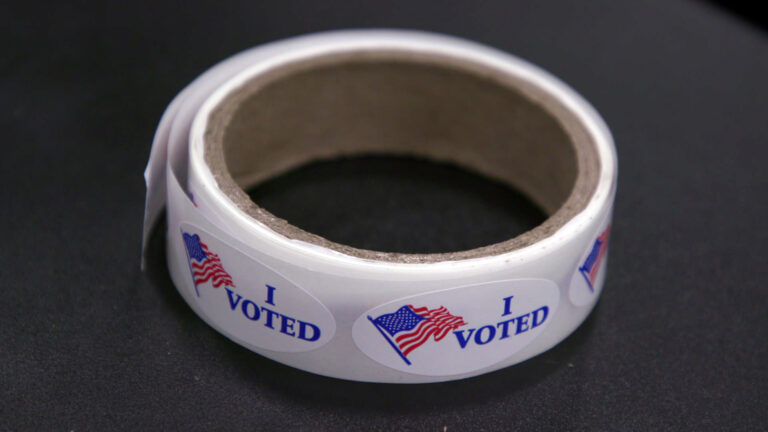
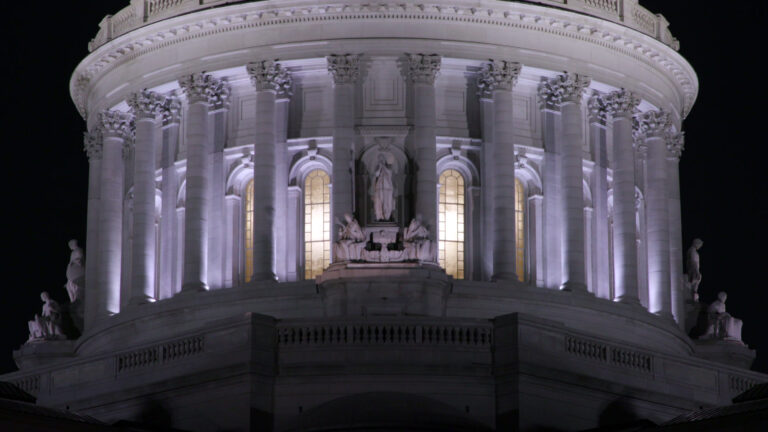
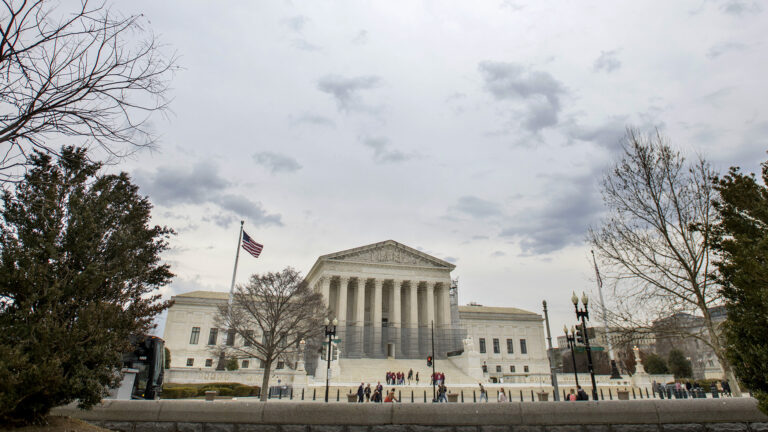
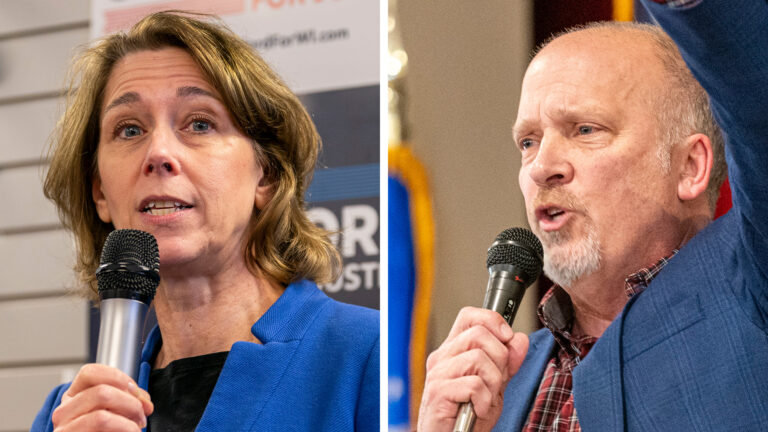
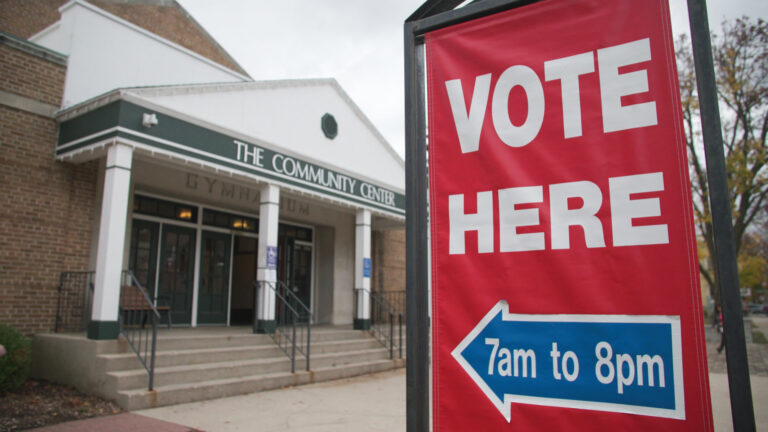
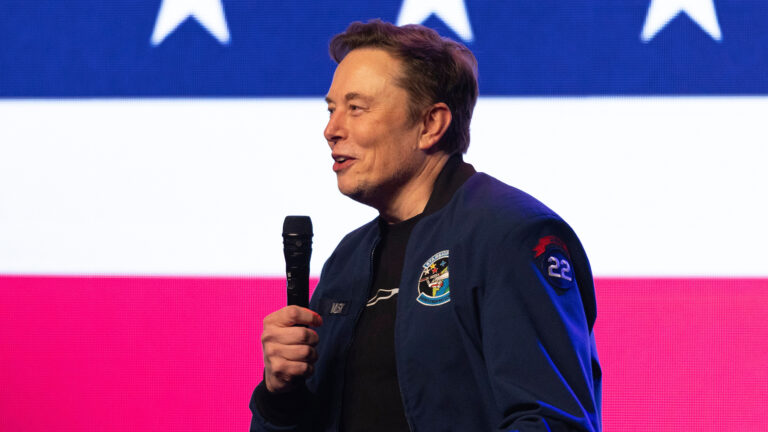

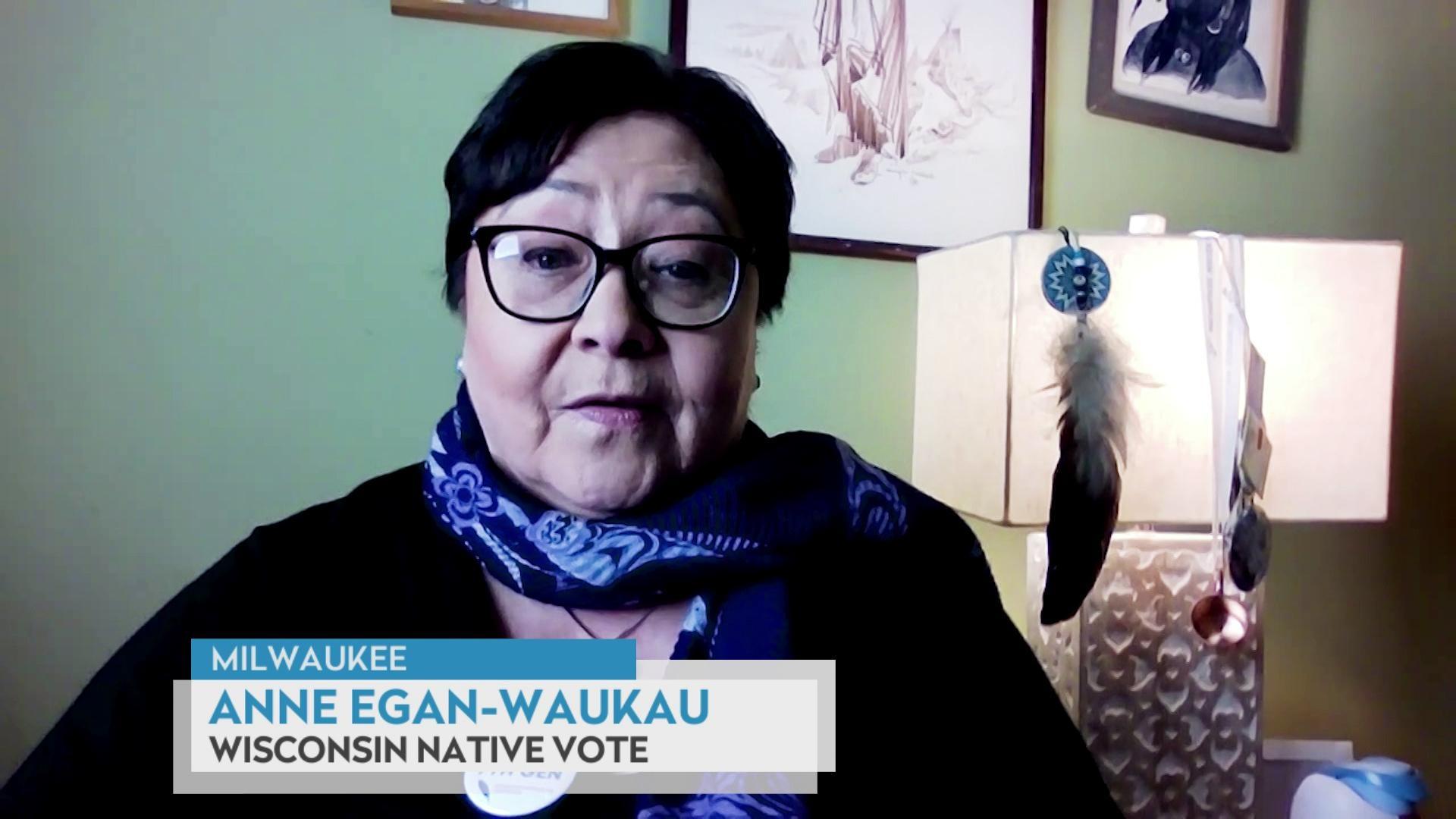
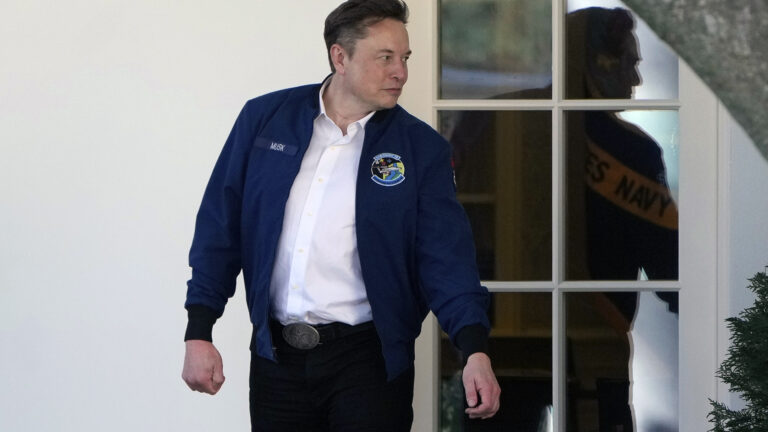
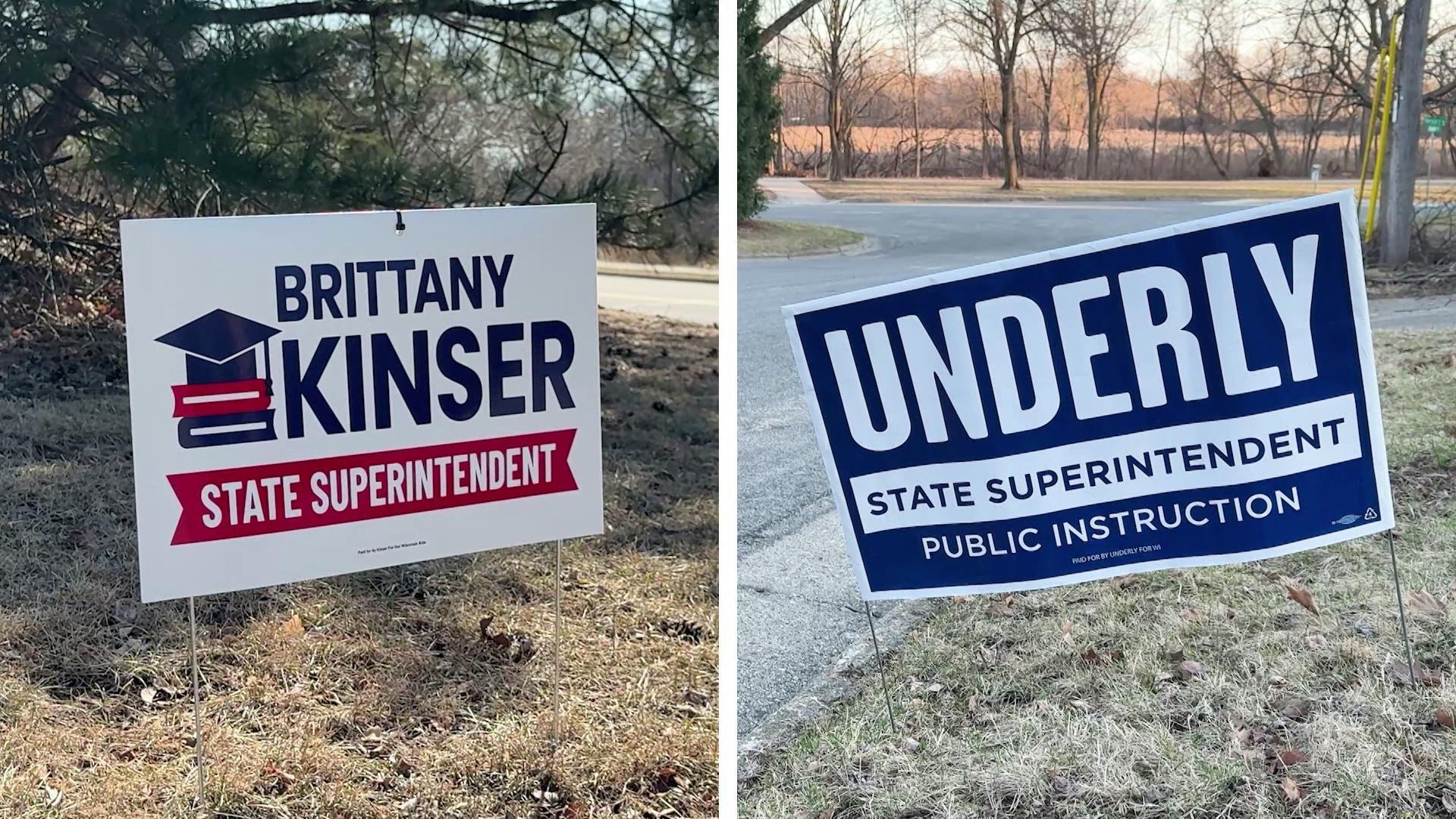
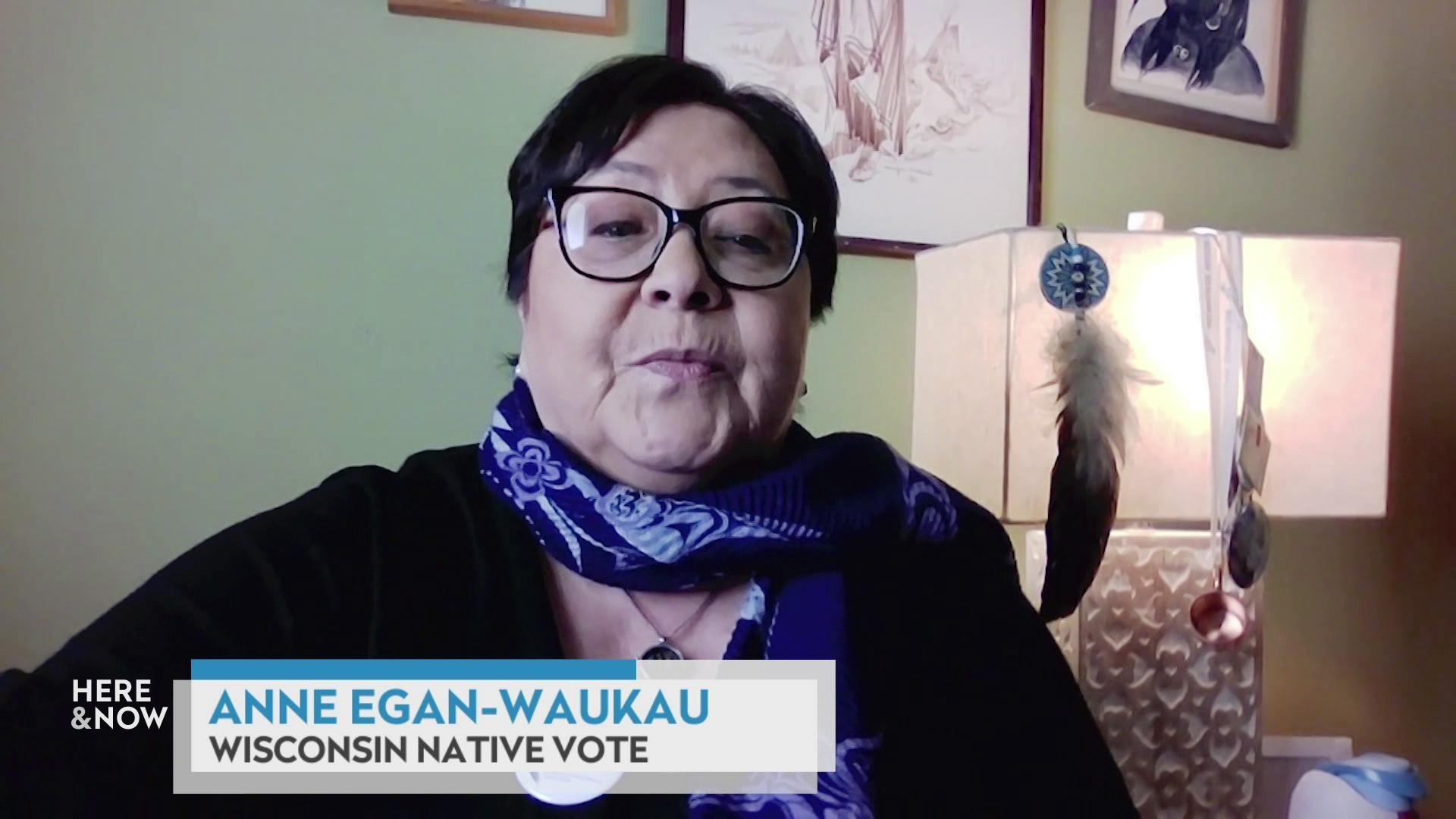

Follow Us